|
It's warming, it's spicy, it's flavourful and good for the soul (in small doses) and it's obviosuly perfect for winter. This recipe comes through mixing and testing a variety of recipes that are out there. It has been my go-to for many years :)
Don't despair if you don't have all the spices, use what you have or can find and make it your own. This recipe makes approximately 1 litre of extract. ● 500ml red port ● 150ml dark rum (optional) ● 300ml freshly pressed orange juice ● 200g coconut blossom sugar for a "healthier" version (or use normal sugar) ● 200g dark brown sugar or maple syrup ● ½ tsp ground nutmeg ● 4 cinnamon sticks ● 20 whole cloves ● 1 tsp cardamom seeds ● 10 peppercorns ● 1 tsp ground allspice ● 5 anise seeds ● 1 vanilla pod (I didn’t have one so left it out) ● 25g ginger thinly sliced ● 2 organic oranges sliced ● 1 organic lemon sliced Add both types of sugar, all the spices, sliced ginger and the fresh orange juice to a pot. Bring to a light boil and let simmer gently for 3-4 minutes until the sugar has dissolved. Remove from heat and add the alcohol and the orange and lemon slices. Let it cool down and put it all in a sealed container and leave for 1-3 weeks (the longer the better) in a cool, dark place. After a week or three, strain all the spices and orange and lemon slices, discard and store only the liquid in a sealed container. This extract can keep for up to a year in a cool dark place. When you’re ready to make the gløgg (mulled wine), use approximately a 1:4 ratio. 1 measure of extract for 4 measures of red wine. Could be less, could be a bit more. Just experiment with it. Use a red wine that is fruity and with little tannins (too much tannins give an unpleasant feeling to the mulled wine). Only heat up the mixture, don’t let it boil! To be consumed with moderation! Wishing you a happy, healthy and peaceful end to the year!
0 Comments
This is part 1 of a seasonal look into the energetics of each season and how they affect our inner and outer worlds. In Traditional Chinese Medicine (TCM), The 5 Elements Theory, invites us to live more in flow and alignment with the seasons and offers us the opportunity to link ourselves more to the natural world and to become more aware of ourselves and the world around us. The five elements through the lens of TCM - wood, fire, earth, metal, water - represent the cyclical changes of nature. The cycles we see in nature are interconnected with those we experience as humans. The flow of the cycles manifest in many ways and are reflected in our energy, creativity, emotions, ease and dis-ease, expression, foods, tastes, and colours we seek and crave. Each season is linked to an element and a set of organs that need a little more care and nourishment in that specific season. Health conditions and/or emotions related to the specific organs may also flare up but there are many things we can do to support our body through the cyclical changes that also manifest within us. Learning about each element may enable us to create internal balance which will improve all areas of health whether physical, mental and emotional. Yin & Yang and winterThe Yin and Yang theory is the underlying principle of Traditional Chinese Medicine (TCM) and Philosophy, the Taoist culture. Everything is composed of opposites, relative to each other, complementary and as constantly interacting forces. One cannot exist without the other. There is no night without day, no heaven without earth, no moon without sun, no up without down, no out without in, no cold without warmth, no youth without age, no opposition without unity, no stillness without noise, no passive without active. The same goes for the cycles of the seasons. Here in the Northern Hemisphere we have just entered winter and if we look at the seasons in terms of yin and yang, winter is the most yin and summer is the most yang in nature. Winter comes with darkness and colder temperatures and should naturally urge us to slow down, nourish ourselves and take a look inward. It’s a time where nature goes dormant, rests and replenishes. It’s also a time that is ideal for planning, thinking and studying rather than doing (too much). Winter invites us to conserve our energy, strength and inner resources. Good health and wellbeing is believed to come from a balance of Yin and Yang and illness and poor health is caused by an imbalance of Yin and Yang. The water elementIn TCM and according to the 5 Elements Theory, winter is associated with the Water element and the Kidneys and the Bladder. Element: Water Organs: Kidneys and Bladder Colour: Black, blue Taste: Salty. This taste is consolidating, moistening, softening, alkalising. Positive emotion, when in balance: Willpower, sense of adventure, endurance Negative emotion, when imbalanced: Fear and depression According to TCM, the kidneys are where the source of our energy (qi, pronounced "chee") is stored, also known as our Jing, foundational energy, ancestral energy or inherited life force, which naturally declines as we get older. People born with less Jing need to work harder to look after themselves in order to preserve their energy. Our kidneys are particularly vulnerable to to the energies of winter and so we must take extra care at this time to nourish and protect them. It is also a good idea to take more rest in this time as rest rebuilds qi. How to nourish your bodyFood is your medicine. Your daily food intake is the basis of your transformation. Your food becomes your blood, cells, organs, body, mind, emotions and thoughts. Food is nourishment. Your input will affect your output physically, mentally, emotionally. Connect with your food and where it is coming from, eat with the season, favour locally grown organic whole foods where possible. In winter we want want to turn to deeply nourishing meals that are warming and comforting. It often happens quite naturally as soon as the temperatures drop, we crave soups and stews and heavier foods. Seasonality and energetics when talking about food is important in the way that foods that grow in summer are lighter in nature and have cooling properties to them, such as tomatoes, cucumber, berries etc., when in turn in winter, the seasonal foods are heavier and warming in nature such as onions, leeks, root vegetables, cabbage, apples and pears. Nature is beautifully intelligent and if we look closely, we can find so much wisdom from the changes and transformations that can be witnessed within each season. Winter foods and cooking stylesWarming winter foods Dark pulses like black beans, kidney beans, brown and beluga lentils and whole grains. Root vegetables, beetroot, kale, salsify, celery root, onion, garlic, cabbage, parsnip, turnip, daikon, Jerusalem artichoke, leek, spinach, sea weed, small quantities of darker meats, apple, pear, quince, a little citrus, nuts, black sesame seeds, pumpkin seeds, chia seeds, dried fruits. Warming spices and herbs: cinnamon, turmeric, cloves, ginger, cayenne, pepper, rosemary and thyme. Cooking styles In the cooler months we want to look towards more warming cooking styles like baking, roasting, slow cooking, stews, soups, broths and it's also important to always use fats of very high quality. Fermented foods like sauerkraut, kimchi, beet kvass and miso are great at this time to aid digestion of the heavier, more dense foods we eat in this period. It's a good idea to incorporate a small amount of fermented foods every day, your gut will love it. The winter cooking styles will help provide deeper warmth and supply greater energy from the food, which is needed in this part of the cycle. We also want to use more warming spices and herbs. Raw, cold and cooling foods should be avoided or consumed only occasionally in this period. And if you're prone to congestion, mucus, coughs and colds it is a good idea to leave out dairy products from your diet. Wellbeing practices for winterIf you're the type of person who's always on the go, stressed and wired, always doing the same things on autopilot, now is the time to actively choose something different for yourself, something that supports you. We all need to find what works best for us individually, but here are a few ideas.
What kinds of activities or practices do you turn to in the winter months? Feel free to share in the comments below. |
Mia VossHolistic Health & Nutition Practitioner and Coach Archives
September 2023
Categories |
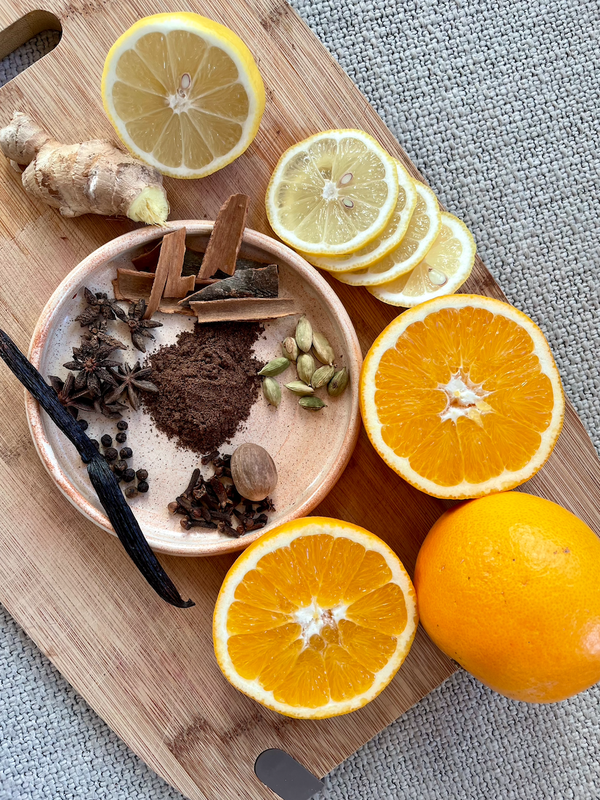
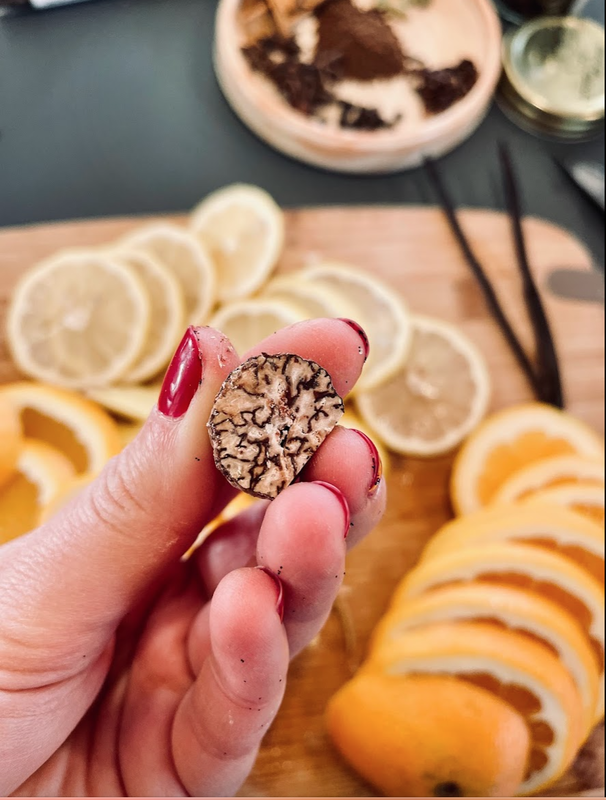
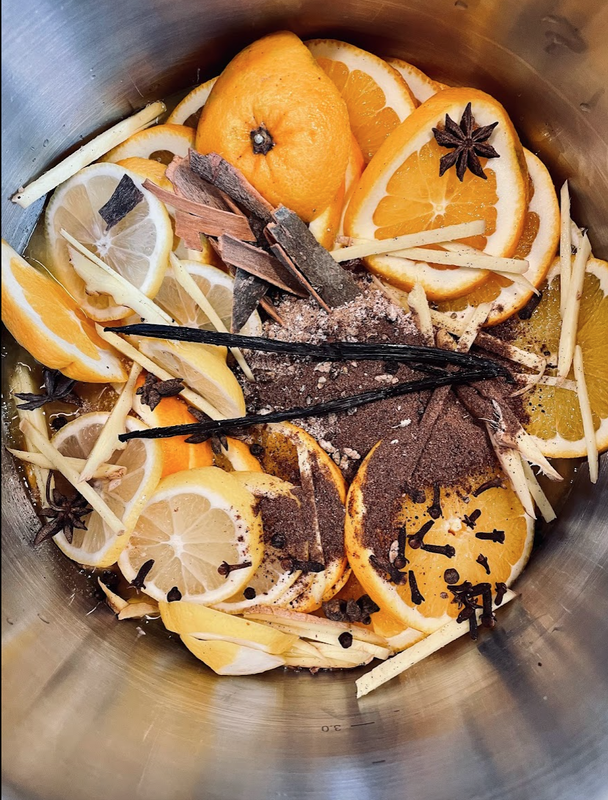
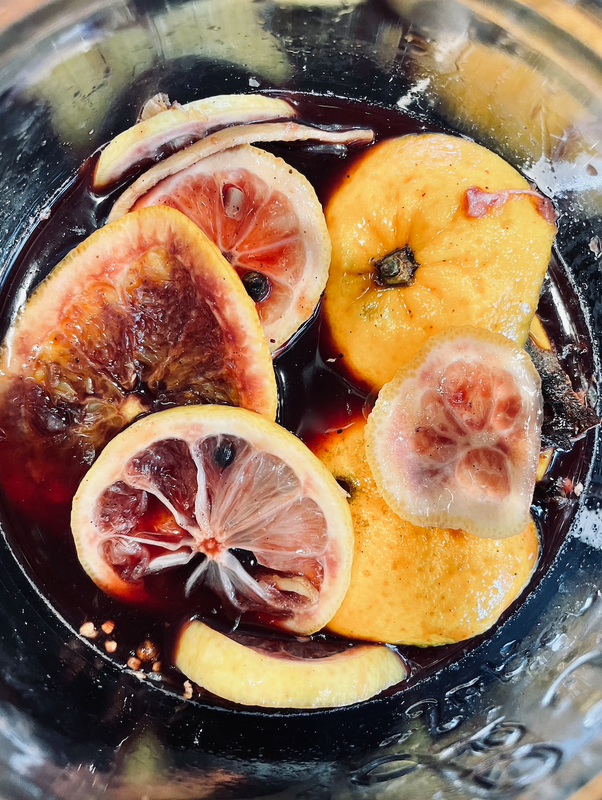



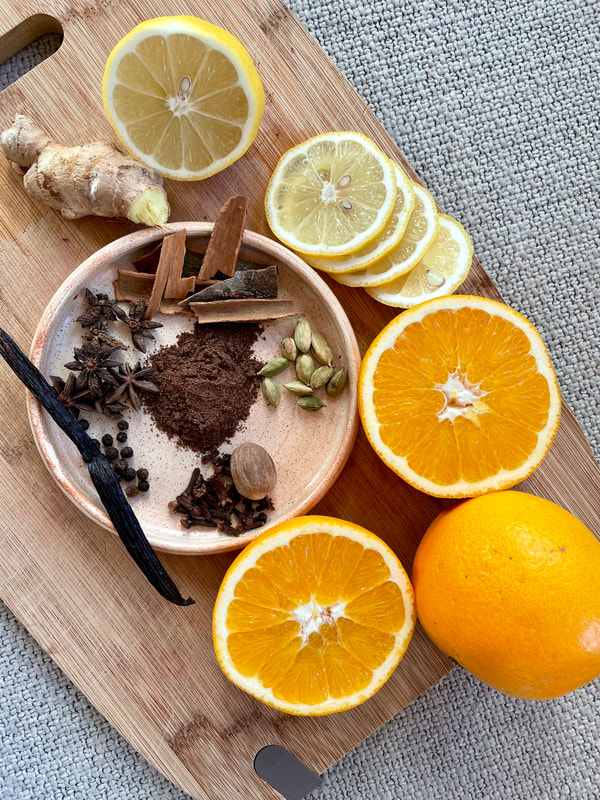
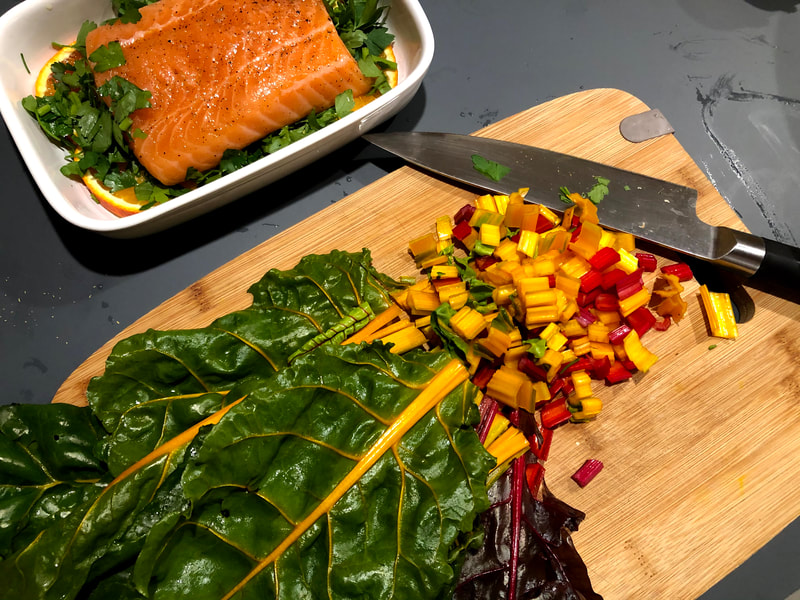
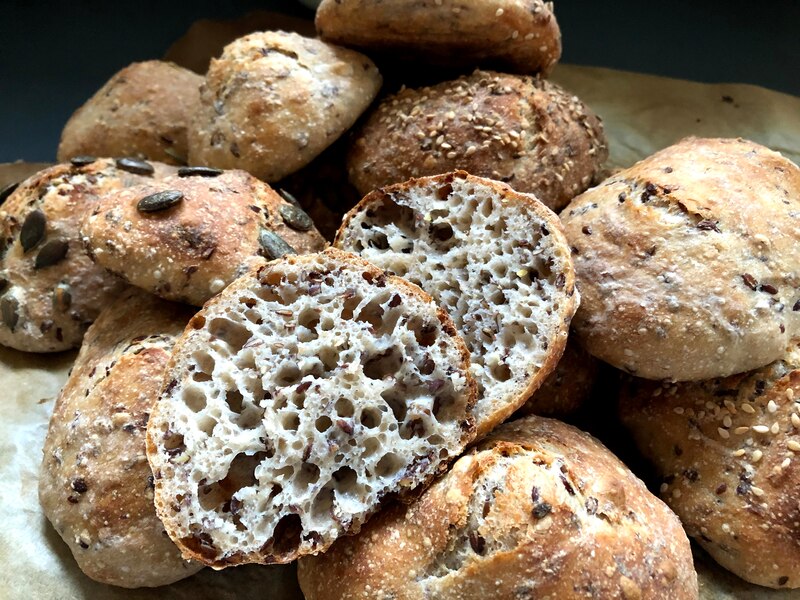
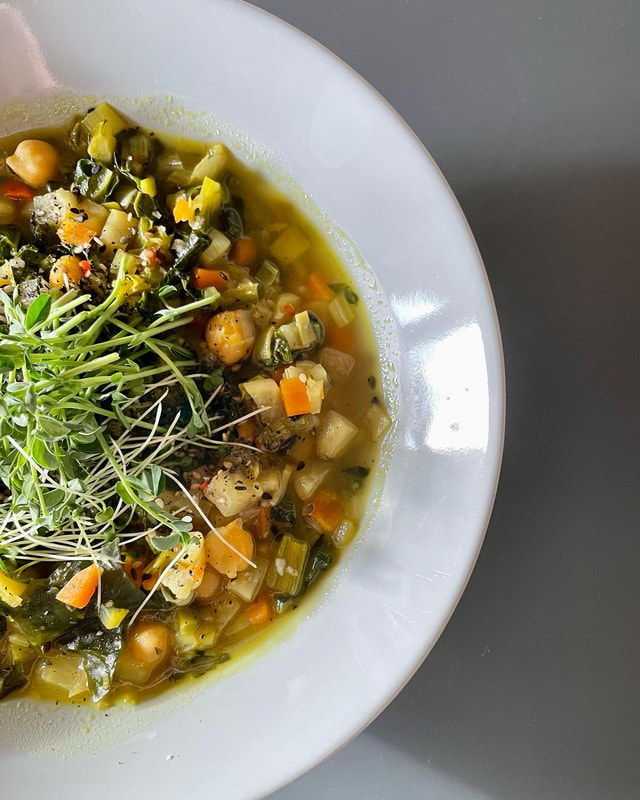
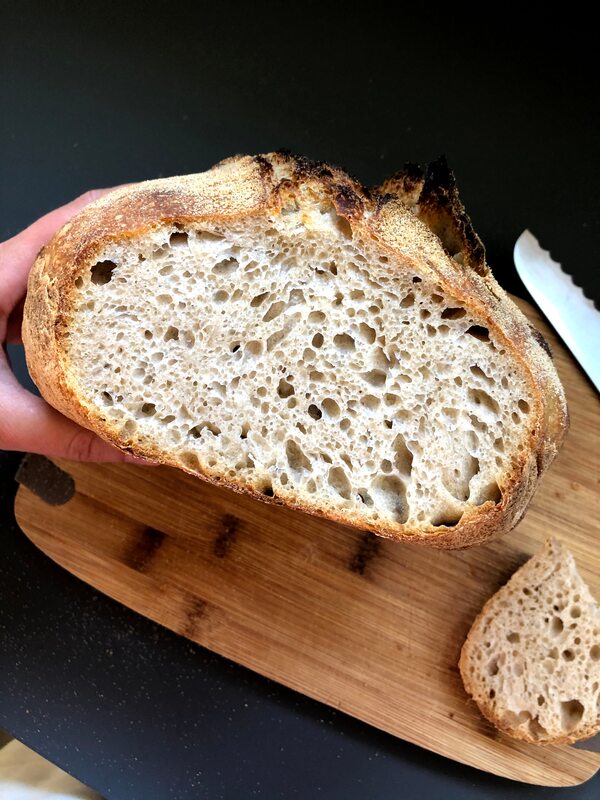
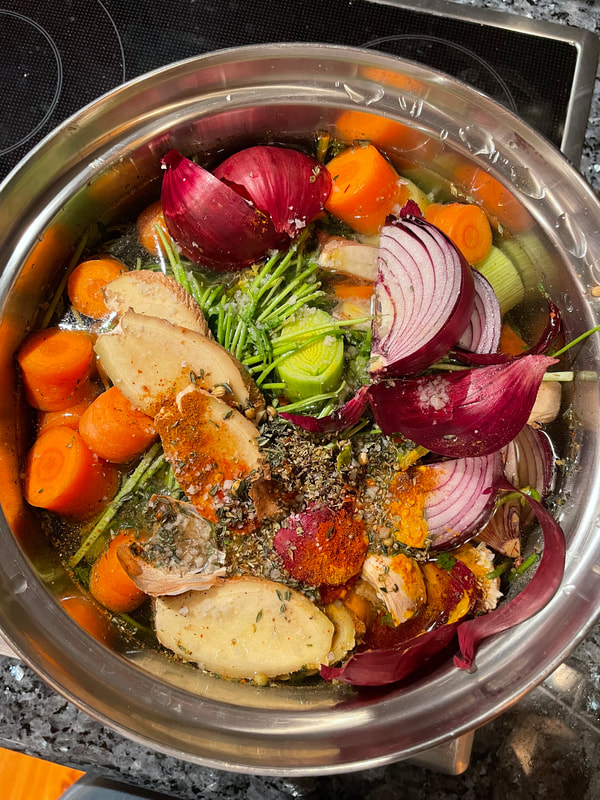
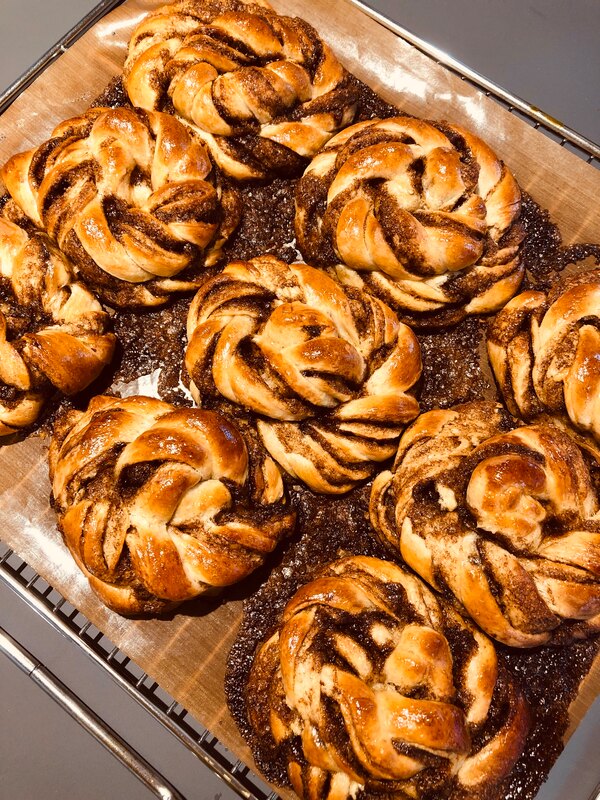
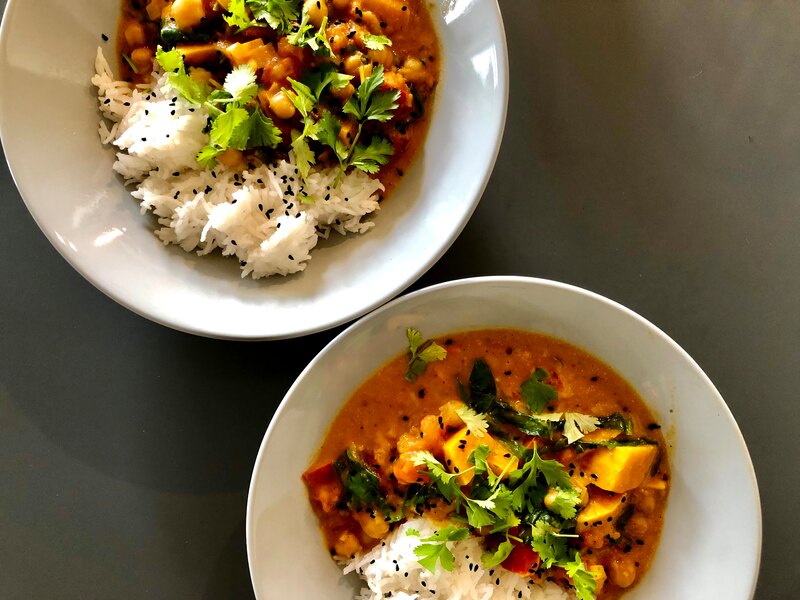
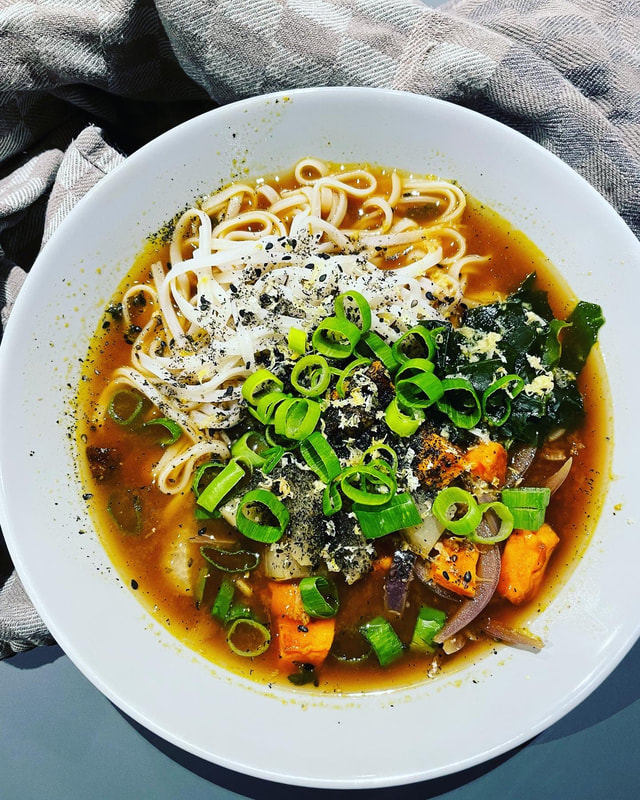
 RSS Feed
RSS Feed
